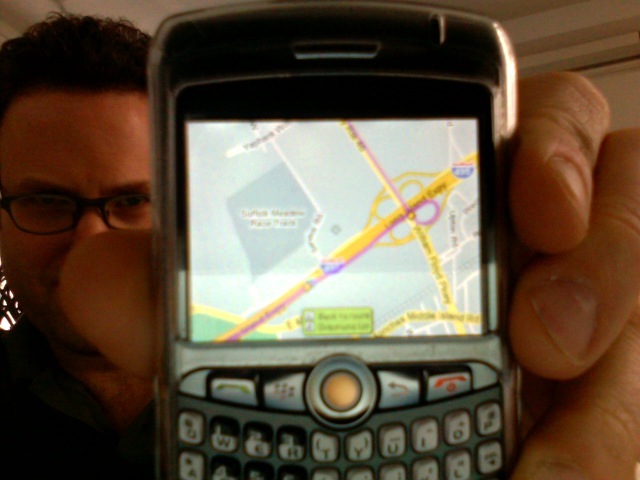 Hm, my brain is shutting down now, since I just finished giving a long workshop talk here at BNL. The talk is linked above and is not a new topic for me (whether or not the initial state of a RHIC collision is smooth or lumpy, kind of like the green stuff in the image above). Still, it was a nice chance to highlight a relatively new paper we just had published in Physical Review C, and a great chance to catch up with colleagues who really like this stuff.
Hm, my brain is shutting down now, since I just finished giving a long workshop talk here at BNL. The talk is linked above and is not a new topic for me (whether or not the initial state of a RHIC collision is smooth or lumpy, kind of like the green stuff in the image above). Still, it was a nice chance to highlight a relatively new paper we just had published in Physical Review C, and a great chance to catch up with colleagues who really like this stuff. I know it sounds very academic, but it's not (I know I doth protest too much). When you try and "run the movie backwards", starting from this,
 it's important to consider various scenarios of how things looked just as the collision occurred, and not just at the end of the day, when the particles arrived for your perusal.
it's important to consider various scenarios of how things looked just as the collision occurred, and not just at the end of the day, when the particles arrived for your perusal.









 I have to admit that it does a pretty good job evoking the images coming from dark matter simulations, where dark matter clumps up into filaments that sketch out a "spongy" structure. What I find neat is that these filaments, seen in galaxy surveys, are thought to reflect inhomogeneities from the very early universe, propagated over billions of years.
I have to admit that it does a pretty good job evoking the images coming from dark matter simulations, where dark matter clumps up into filaments that sketch out a "spongy" structure. What I find neat is that these filaments, seen in galaxy surveys, are thought to reflect inhomogeneities from the very early universe, propagated over billions of years.

